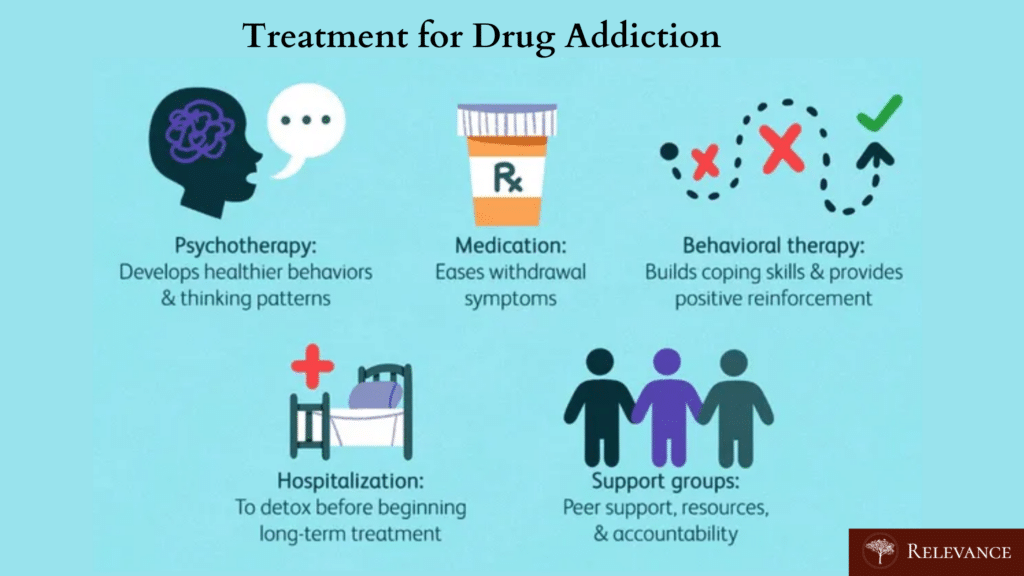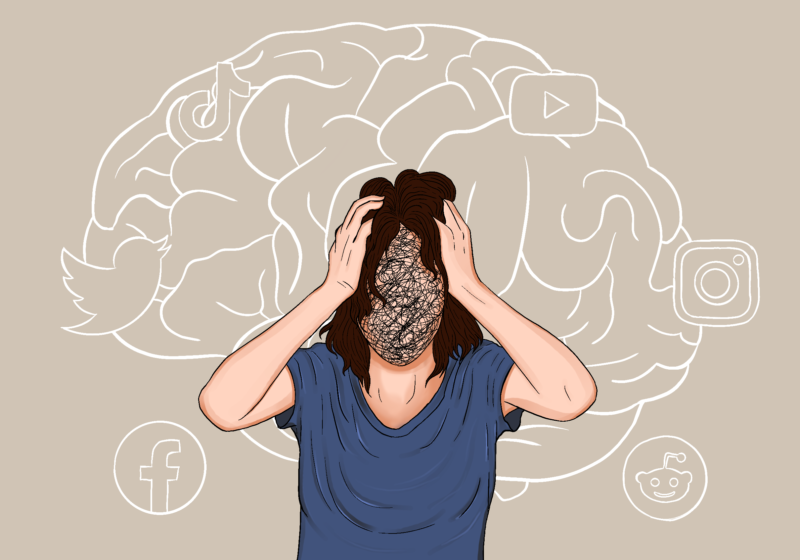Most drug and alcohol treatment programs generally include a variety of traditional treatment models, including individual and group psychotherapy, family therapy, and aftercare planning. As knowledge about addiction and how people react to treatment has changed, treatment options have evolved to include several holistic (or alternative) treatments for addiction.
Holistic therapies are non-medicinal recovery methods used to complement traditional treatment practices. The goal of holistic recovery is to bring the mind, body, and spirit into alignment to improve healing outcomes. Holistic therapy focuses on the addicted individual’s overall well-being while also treating the physical symptoms associated with addiction and withdrawal.

What Is Holistic Treatment for Drug Addiction?
Holistic treatment programs are centered around personalized, non-medical methods of addiction recovery. Therapists trained in the application of specific therapy techniques treat the physical and mental symptoms as well as emotional and nutritional imbalances that arise during
detox and treatment. Holistic therapy can help treat a lack of sleep, poor diet, and emotional stress, all of which are potential obstacles to addiction treatment. Holistic addiction treatment follows the belief that addiction can be treated more successfully by exploring how a person could be harmed by their substance abuse. Extending beyond just the most severe or the most clearly noticeable symptoms. Examples of common holistic treatments for addiction include meditation, mindfulness and stress management, massage, and equine therapy.
Types of Holistic Therapy for Addiction
In holistic addiction treatment, individuals typically engage in various therapeutic approaches to address their substance abuse issues. These may include:
Meditation: A practice that aids in clearing the mind and focusing on the present moment. During meditation, individuals concentrate on their specific goals for addiction recovery, helping overcome cravings and manage intrusive thoughts.
Yoga: Studies indicate that yoga is effective in relieving stress and anxiety, particularly when used alongside other therapies. It involves controlled breathing, strength-building, and body relaxation, complementing mindfulness practices. Yoga is beneficial for stress reduction and minimizing the risk of relapse during challenging moments.
Fitness Therapy: Taking care of the body contributes to improved mental and emotional well-being. Regular exercise has been linked to a reduction in substance abuse. Engaging in physical activities such as sports, hiking, or dance not only boosts overall well-being but also enhances interpersonal skills. Exercise releases endorphins, essential for pain relief and stress reduction, supporting long-term recovery.
Nutrition Therapy: A crucial aspect of holistic health involves maintaining a healthy, nutritious diet. Nutrition specialists guide individuals in making necessary dietary changes. For instance, avoiding sugar is emphasized to prevent the development of a secondary addiction to sugary foods during recovery.
Art Therapy: Creative activities like painting, knitting, or playing musical instruments offer therapeutic benefits for individuals managing addiction. These activities provide a safe outlet for expressing emotions, a vital aspect of recovery. Art therapy encourages individuals to channel their feelings into creative endeavors instead of relying on substances to cope with stress or discomfort.
While these practices form the core of holistic addiction treatment, some centers may offer additional therapies. It’s important to note that individuals participating in these holistic approaches also engage in traditional addiction treatments, including therapy, 12-step programs, or aftercare planning. This combined approach addresses various aspects of addiction, promoting comprehensive recovery.
What Are the Benefits of Holistic Therapy for Addiction?
1. Flexibility in Treatment:
- Holistic therapy allows for personalized treatment plans based on individual needs.
- Traditional treatment programs may be limited, whereas holistic approaches offer a variety of options.
2. Variety of Treatment Options:
- Holistic programs provide a broader range of treatments, increasing the chances of finding the most effective approach for each individual.
- Tailoring treatment to unique preferences and responses is more achievable.
3. Ongoing Impact and Aftercare:
- Many holistic treatments, such as meditation, yoga, and exercise, can easily continue post-primary treatment.
- These methods serve as low-cost coping strategies that individuals can use in triggering situations after formal treatment concludes.
4. Sustainability of Practices:
- Holistic therapies, like mindfulness and meditation, offer practices that can be sustained long-term.
- Individuals can continue these practices as part of their daily routine, promoting ongoing well-being.
5. Long-Term Benefits:
- Holistic treatments have lasting effects beyond the formal treatment period.
- Common holistic practices contribute to improved sleep, stress relief, healthy exercise habits, enhanced nutrition, and reduced substance cravings.
6. Mindfulness and Meditation:
- These practices have proven benefits for chronic substance abuse disorders.
- They contribute to stress reduction, improved sleep, and overall mental well-being.
7. Improved Coping Strategies:
- Holistic therapies empower individuals with effective coping mechanisms.
- Skills acquired during holistic treatment can be applied to manage challenges in the post-treatment phase.
8. Addressing Common Issues:
- Holistic therapies address issues commonly experienced by those with substance abuse disorders.
- They provide comprehensive solutions beyond just addressing the addiction itself.
9. Cost-Effective Approaches:
- Many holistic practices are low-cost and sustainable, making them accessible for individuals post-treatment.
- This accessibility enhances the chances of continued well-being without financial burden.
What a Holistic Recovery for Addiction Should Look Like
When you enter a holistic addiction treatment program, you can expect it to look a lot like a rehabilitation facility. You’ll still be meeting with counselors and other professionals. However, holistic therapy is a relaxed and comfortable environment rather than a methodical and cold one, as some traditional treatment centers may be.
If you need to detox from a substance, you’ll be supervised by staff members while you clear the drug from your body. Once you’ve completed detox, you’ll participate in individual therapy or group sessions with other people who share similar experiences to your own. Talking with other people who relate to your experiences can help you feel connected and comfortable discussing your challenges. Some of these people may even turn into members of your support network.
While you’re in recovery, you’ll learn how to make the necessary lifestyle changes to reduce your risk of relapse and improve your life. You’ll be guided through each of these changes by a qualified professional, and you might see changes to your physical fitness routine, diet and coping mechanisms. You’ll never be alone while recovering from addiction, and the professional staff will become a part of your support network during treatment.
How Effective are Holistic Therapy in Rehab?
- Limited evidence exists to support the effectiveness of holistic treatments in rehabilitation.
- Holistic therapy options often lack comprehensive research, with few conducted studies, and existing research is incomplete or non-existent.
- Techniques that aid in lasting recovery are poorly characterized due to a lack of substantial evidence.
- Addiction negatively impacts health, and holistic therapy is considered effective as it addresses the various ways addiction affects one’s life.
- Holistic therapy combines traditional, experiential, and alternative therapies to facilitate a more comprehensive approach to recovery.









